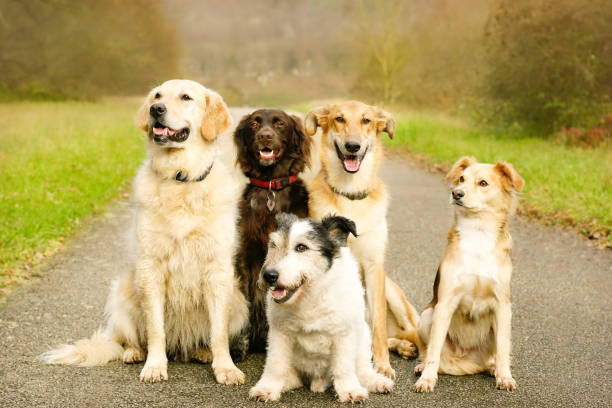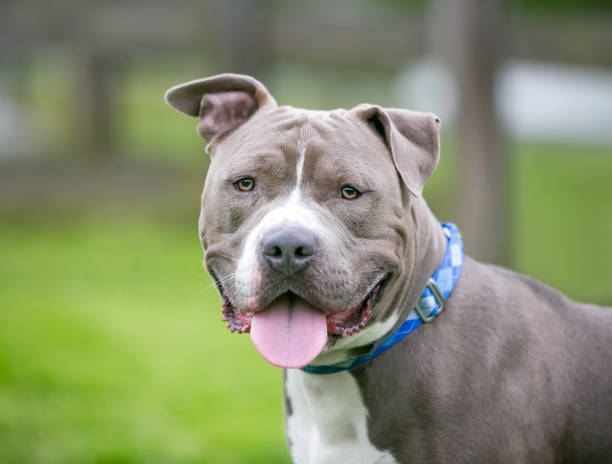Tips for New Dog Owners: A Guide for Beginners
Beginner dog owner guide
Welcome to the world of dog ownership! Bringing a new dog into your life can be an exciting and rewarding experience. However, it is important to remember that being a dog owner comes with a lot of responsibilities. Whether you are a first-time dog owner or have had dogs before, this guide will provide you with some essential tips to help you navigate this new journey with your furry friend.

Puppy training advice
One of the first things you will need to consider as a new dog owner is puppy training. Training your puppy is not only important for their behavior but also helps to establish a strong bond between you and your new companion. Here are some tips to get you started:
1. Start early: It is best to start training your puppy as soon as you bring them home. Puppies have a natural curiosity and are quick learners, so taking advantage of this early on is crucial.
2. Be consistent: Consistency is key when it comes to puppy training. Use the same commands and rewards each time and make sure everyone in the household is on the same page.
3. Use positive reinforcement: Reward-based training techniques work best for puppies. Use treats, verbal praise, and lots of encouragement to reinforce good behavior.
4. Socialize your puppy: Expose your puppy to different people, animals, and environments from an early age. This will help them grow into well-adjusted and confident adult dogs.
5. Patience is key: Remember that puppies are still learning and will make mistakes. Be patient and understanding during the training process and avoid punishment-based methods.

New dog owner tips
As a new dog owner, there are several tips and guidelines that can help you ensure the health and happiness of your furry friend:
1. Do your research: Before bringing a dog into your home, research different breeds to find one that suits your lifestyle and living situation. Each breed has different needs and temperaments.
2. Prepare your home: Make sure your home is dog-friendly by removing any hazardous objects or chemicals that could be within reach of your dog. Create a comfortable space for your dog with a bed, toys, and access to fresh water.
3. Establish a routine: Dogs thrive on routine, so establish a schedule for feeding, exercise, and bathroom breaks. This will help your dog feel secure and prevent behavioral issues.
4. Provide proper nutrition: Feed your dog a well-balanced and age-appropriate diet. Consult with your veterinarian to determine the best food and portion sizes for your dog.
5. Regular exercise: Dogs need regular exercise to stay happy and healthy. Make sure to provide daily walks, playtime, and mental stimulation for your dog.
6. Regular veterinary care: Schedule regular check-ups with your veterinarian to ensure your dog's health is in good condition. Vaccinations, parasite prevention, and dental care are important aspects of their overall well-being.
7. Practice good grooming: Regular grooming, including brushing, bathing, and nail trimming, is important for your dog's hygiene and overall comfort.
Dog health suggestions
Every dog owner wants their furry friend to stay happy and healthy. Here are some suggestions to help you keep your dog in optimal health:
1. Preventive care: Regular veterinary check-ups, vaccinations, and preventive medications, such as flea and tick prevention, are essential for maintaining your dog's health.
2. Dental hygiene: Just like humans, dogs need regular dental care. Brushing your dog's teeth regularly and providing dental chews can help prevent dental issues.
3. Regular exercise: Exercise is not only important for keeping your dog physically fit but also helps to prevent obesity and provides mental stimulation.
4. Balanced diet: Feed your dog a well-balanced and nutritious diet to support their overall health. Avoid giving them table scraps or foods that are harmful to dogs.
5. Weight management: Maintain a healthy weight for your dog to prevent various health issues, such as joint problems and heart disease. Consult with your veterinarian to determine the right portion sizes.
6. Keep them hydrated: Ensure that fresh water is always available to your dog. Dehydration can lead to serious health problems.
7. Mental stimulation: Engage your dog's mind with puzzle toys, interactive games, and training sessions. Mental stimulation is important for their overall well-being.
Remember, being a dog owner is a lifelong commitment. Your furry friend will rely on you for their physical and emotional needs. By following these tips and guidelines, you can provide a loving and nurturing environment for your new dog and create a strong bond that will last a lifetime.




